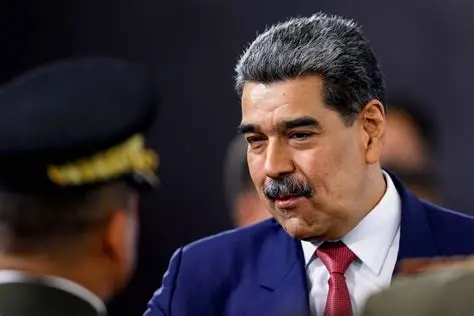President Nicolás Maduro of Venezuela has publicly proposed direct talks with U.S. Special Envoy Richard Grenell after a U.S. military strike sank a Venezuelan-linked vessel in the southern Caribbean, killing 11 people. The U.S. government claimed the vessel was tied to the Tren de Aragua gang and involved in drug trafficking; Venezuela vehemently denies these allegations.
In a letter addressed to U.S. President Donald Trump, Maduro called for “direct and frank conversation” with Grenell to clear up what he described as “media noise and fake news,” and to address serious accusations that have damaged relations. He also rejected U.S. claims that Venezuela plays a major role in narcotics transit, saying that only about 5 percent of drugs produced in Colombia pass through Venezuela—and that 70 percent of those are neutralized by Venezuelan authorities.
The incident that boosted tensions involved a strike that sank a boat and killed 11 people, which came during a broader increase in U.S. military operations in the Caribbean aimed at targeting drug trafficking networks. Venezuela, in response, has condemned the action as “aggression”—political, diplomatic, and military. Maduro says full communications between the two countries have been disrupted.
Analysts note that Maduro’s offer may be strategic. Facing severe economic crisis, international sanctions, and growing scrutiny over alleged connections to organized crime, the offer for talks could help reduce immediate diplomatic pressure. It might also be an attempt to regain some legitimacy or to shift the narrative away from U.S. accusations.
From the U.S. side, the reaction is cautious. Some inside the Trump administration appear open to exploring diplomatic channels through Grenell, while others favor maintaining a tougher posture. The U.S. military build-up in the Caribbean, including warships and aircraft, raises concerns that even small miscalculations could provoke a more serious escalation.
The stakes are high. The situation represents another test case for U.S. foreign policy in Latin America: balancing crackdown on drug trafficking, concerns about human rights, diplomatic credibility, and risks of confrontation. For Venezuela, the outcome could influence not just its relations with the U.S., but its economic prospects, international standing, and internal stability.

